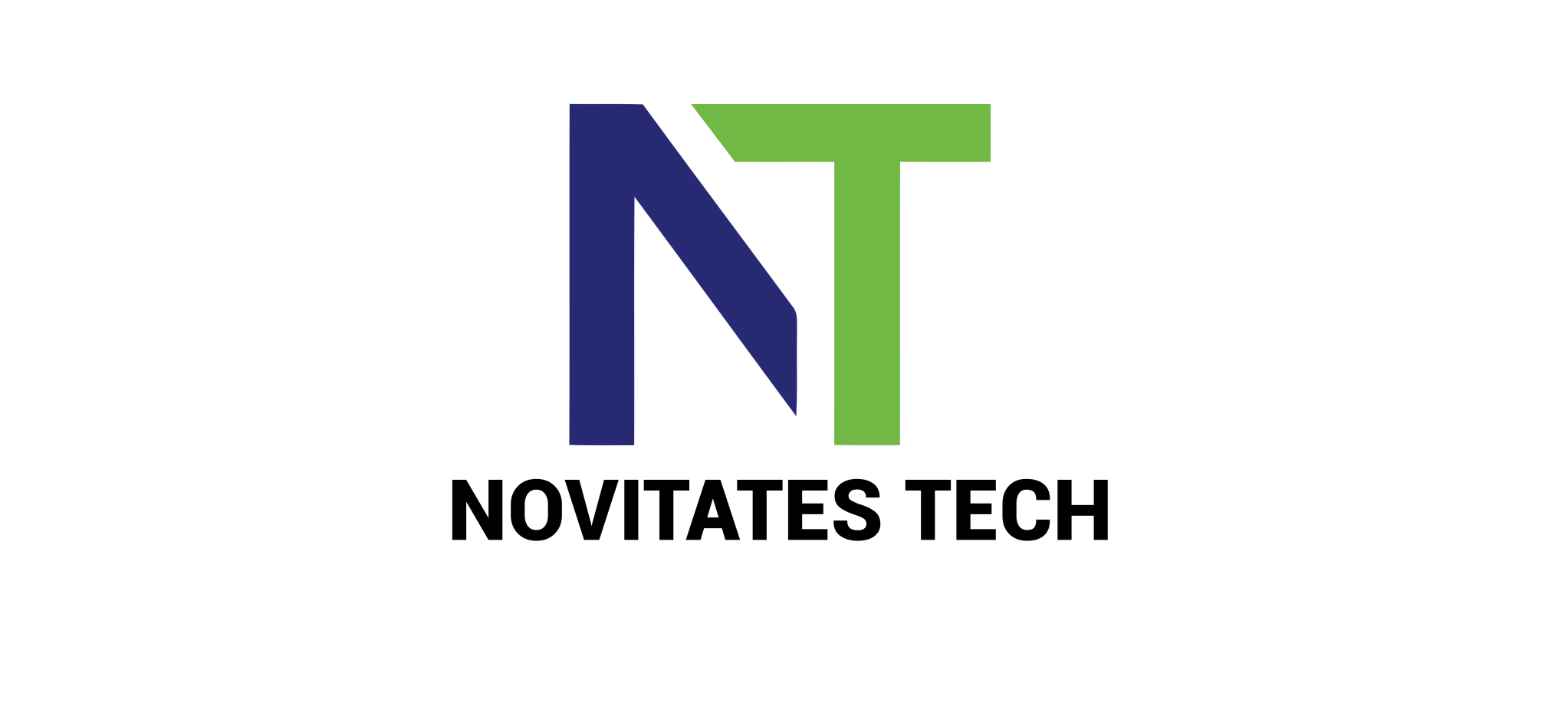The insurance industry faces a challenge. Consumer confidence is dwindling, with a significant portion 42% of global insurance customers expressing doubts about their providers[1]. This lack of faith often stems from a frustrating claims experience – a process riddled with delays, excessive paperwork, and a general sense of being left in the dark.
The consequences are substantial. According to Accenture, poor claims experiences could put up to $170 billion in renewal premiums at risk globally over the next five years [2]. Furthermore, a report by the Insurance Regulatory and Development Authority of India (IRDAI) revealed that a whopping two-thirds of customer complaints aimed at general insurance companies were claims-related [3].
The good news? Technology offers a powerful solution: claims automation. By leveraging automation tools, insurers can not only regain lost trust but also dramatically improve efficiency and reduce costs.
The Price of Delay: Why Faster Claims Processing Matters
Imagine facing a medical emergency or property damage, only to be met with a slow and cumbersome claims process. This is the reality for many insurance customers. A survey by Beshak, a health insurance forum, found that nearly half of Indian consumers had to repeatedly follow up during the claims process, highlighting the prevalence of delays [4]. This frustration is compounded by excessive paperwork (reported by over 70% of respondents) and slow claim settlements (over half dissatisfied) [4].
These delays have far-reaching consequences. Not only do they erode trust in the insurance industry, but they also create financial hardship for policyholders who depend on timely claim settlements.
The Power of Automation: Streamlining Claims and Boosting Customer Satisfaction
Fortunately, automation offers a path forward. By automating repetitive tasks such as data entry, document verification, and initial claim assessments, insurers can significantly expedite the claims process. Here’s a breakdown of the benefits:
- Personalized Claims Communication: Automation allows for personalized communication with policyholders at every stage of the claim, keeping them informed and alleviating anxieties [5].
- Faster Claim Resolution: By automating routine tasks, claims adjusters are freed up to focus on complex cases, resulting in a faster turnaround time for claim settlements. Research by ScienceSoft suggests that automation can lead to an impressive 80% reduction in claim processing time [6].
- Increased Efficiency: Automating repetitive tasks reduces the workload on claim adjusters, allowing them to handle a higher volume of claims without compromising accuracy or efficiency [5].
- Improved Decision-Making: Automation can analyze vast amounts of data to identify fraudulent claims and predict potential risks, helping insurers make informed decisions about claim settlements [5].
The benefits of claims automation extend beyond customer satisfaction. It can also lead to significant cost savings for insurance companies (by up to 30%, according to McKinsey [7]). These savings can then be passed on to policyholders in the form of lower premiums.
Building a Future of Trust: The Road Ahead
The insurance industry has a clear opportunity to rebuild trust with its customers. By embracing automation, insurers can not only enhance the claims experience but also optimize costs and improve operational efficiency.
However, a successful transition requires a commitment to transparency and customer education. It’s important to communicate how automation benefits policyholders and address any concerns about potential job security within the workforce.
By prioritizing customer satisfaction, leveraging the power of automation, and embracing a transparent approach, the insurance industry can build a future based on trust, efficiency, and mutual benefit.





